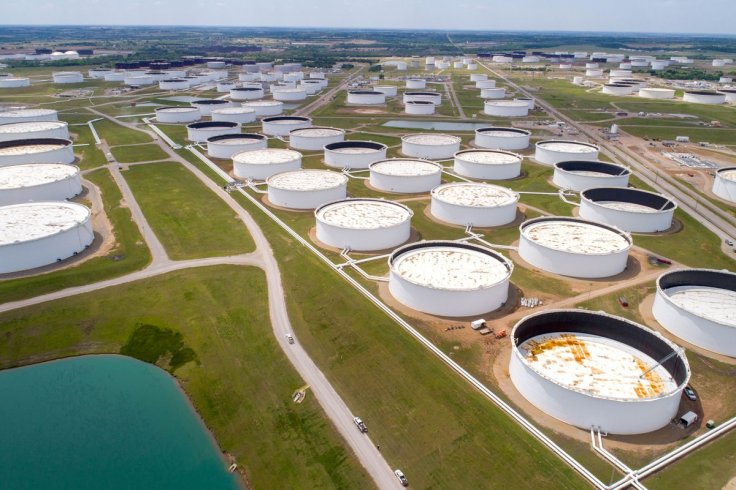Moody's Analytics has said that global oil prices are likely to drop to $70 per barrel by the end of 2024.
In a report specifically focusing on the Asia Pacific (APAC) region, Moody's noted that oil prices that hit $120/barrel in June following Russia's Ukraine invasion went on to drop to $100 per barrel in August.

"This trend will continue; we expect crude prices to fall to almost $70 a barrel by the end of next year ... For the APAC region's big oil importers, notably Singapore and Hong Kong, this will ease pinching price pressures," Moody's Analytics said, according to IANS news agency.
Crude prices have been edging down from the peaks hit earlier this year on account of factors like an economic slowdown in China, softening demand outlook and a better production outlook in major oil producers like Iran.
While the October contract of Brent on the Intercontinental Exchange touched a six-month low of $91.58 this week, a barrel of West Texas Intermediate was trading at $86.63 on Wednesday.
Last month, Citigroup strategists predicted that crude oil prices will drop sharply by the end of the year, irrespective of whether there is a recession or not.
The analysts at the investment bank were the only ones in the pack that think oil is headed for a fall within months. Citi strategist Francesco Martoccia said in July that oil prices could fall to $65 a barrel by December, surprising the markets.
Martoccia and his team at Citi believe the price of global benchmark Brent crude will fall to at least $85 a barrel by December this year.

Interestingly, PMorgan said in the same month that crude prices could shoot up to an astronomical $380 per barrel if Russian supply remains disrupted in the medium term.
Also in July, economists at Goldman Sachs said oil prices will stay well above $100 for months to come. According to Goldman economists, even under an 'adverse scenario', Brent crude's fair value will be in the range of $120 in the next six months. Even in 2023, Brent will stay above $110, the economists said.
Demand Destruction
Moody's Analytics noted that the impact of high oil price was intensely felt in APAC countries. "For net energy importers such as Thailand, Japan, South Korea and Singapore, household energy bills have risen sharply. But for the region's key energy exporters, Indonesia, Malaysia and Australia, households have been more sheltered," the report said.
Earlier, economists had predicted, citing the record rise in US gasoline prices, that a continued high price scenario will result in demand destruction.
Demand destruction is a scenario when consistent high prices of a commodity effectively kills the demand for it. "Demand destruction occurs when a period of high prices or restricted supply causes consumers to permanently change their behavior. This results in a reduction of demand for a good even after the supply of the good goes up and/or its price goes down. This phenomenon is most often associated with the demand and prices related to energy commodities such as crude oil or gasoline," says Investopedia.








